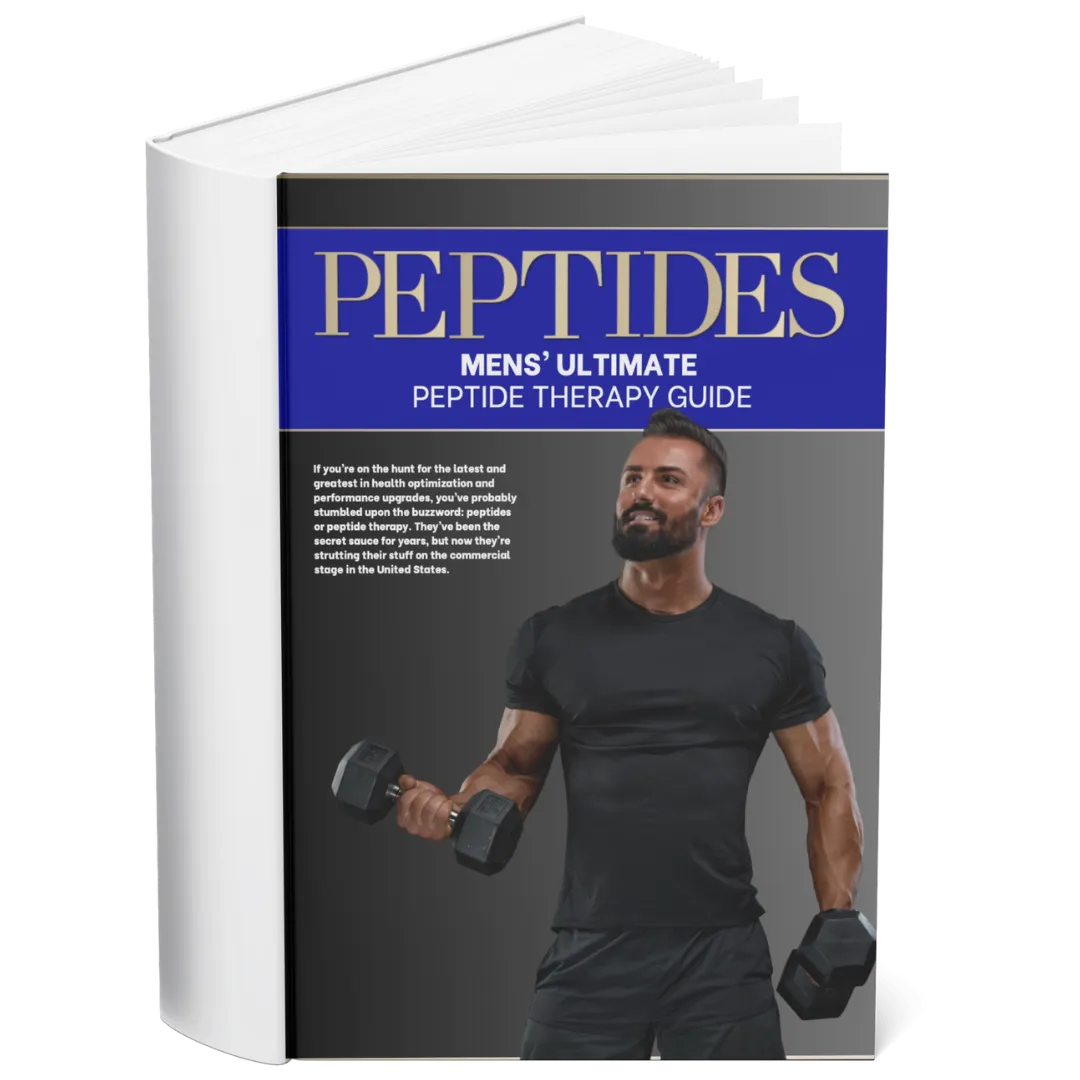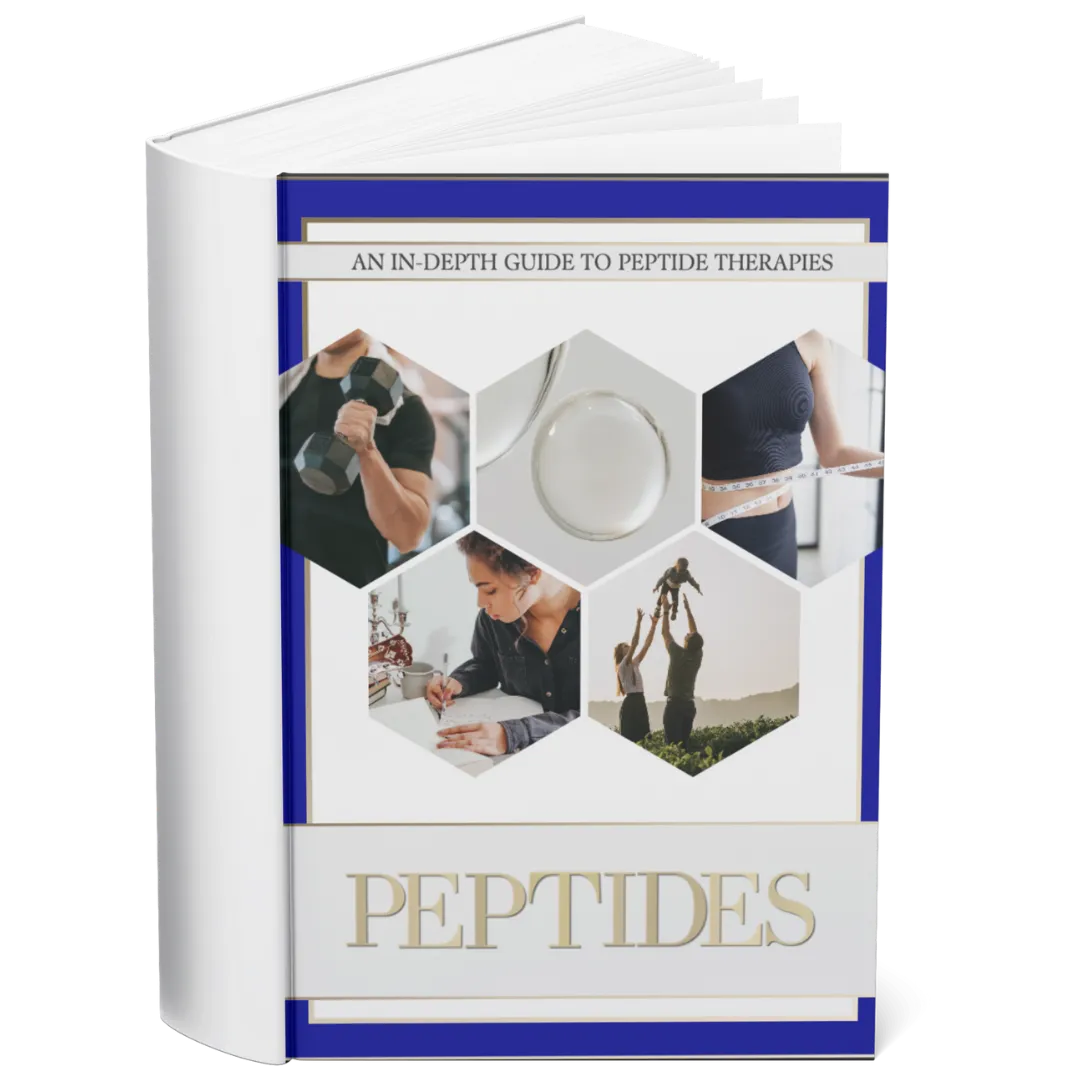My cart
Subtotal
$0.00
Total
$0.00
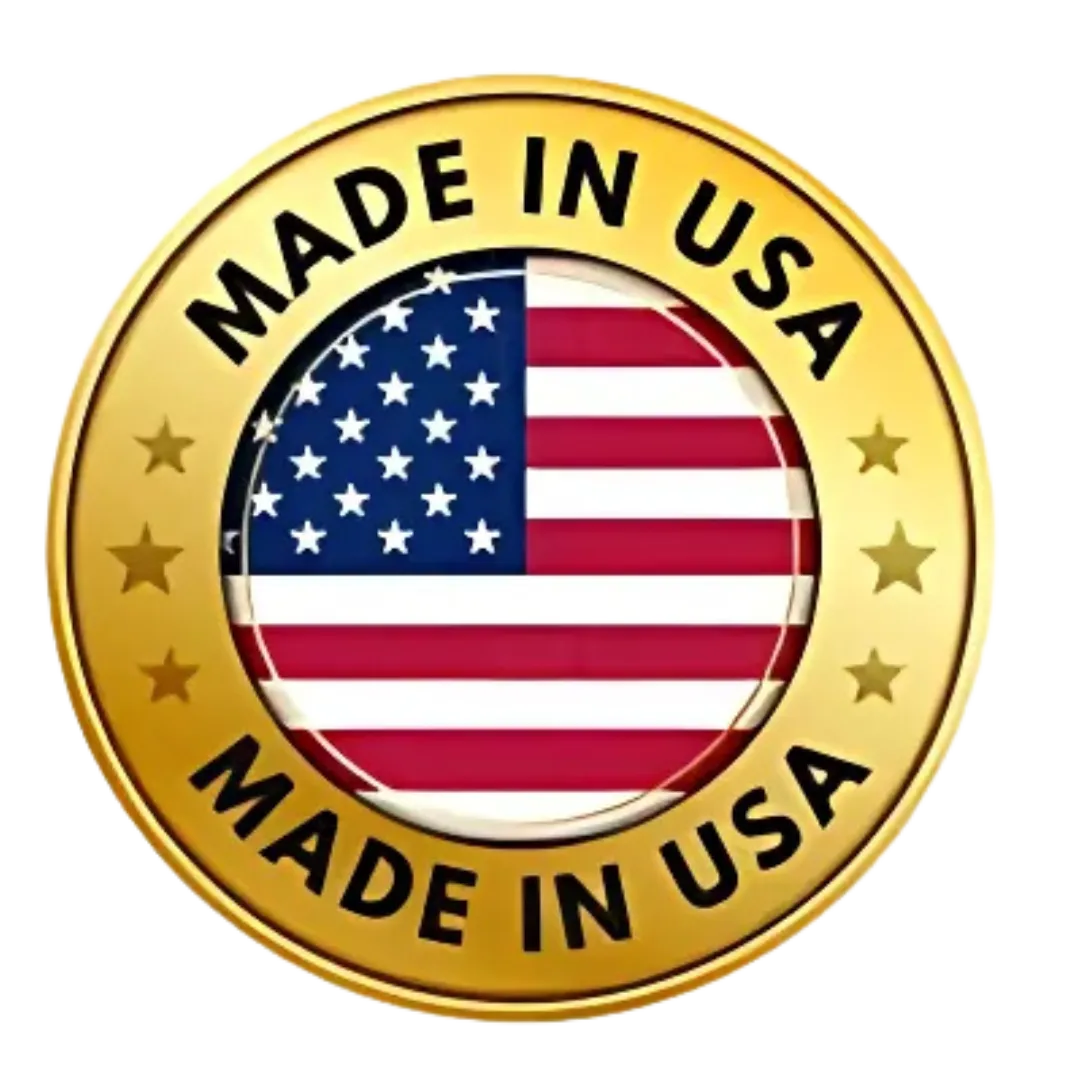
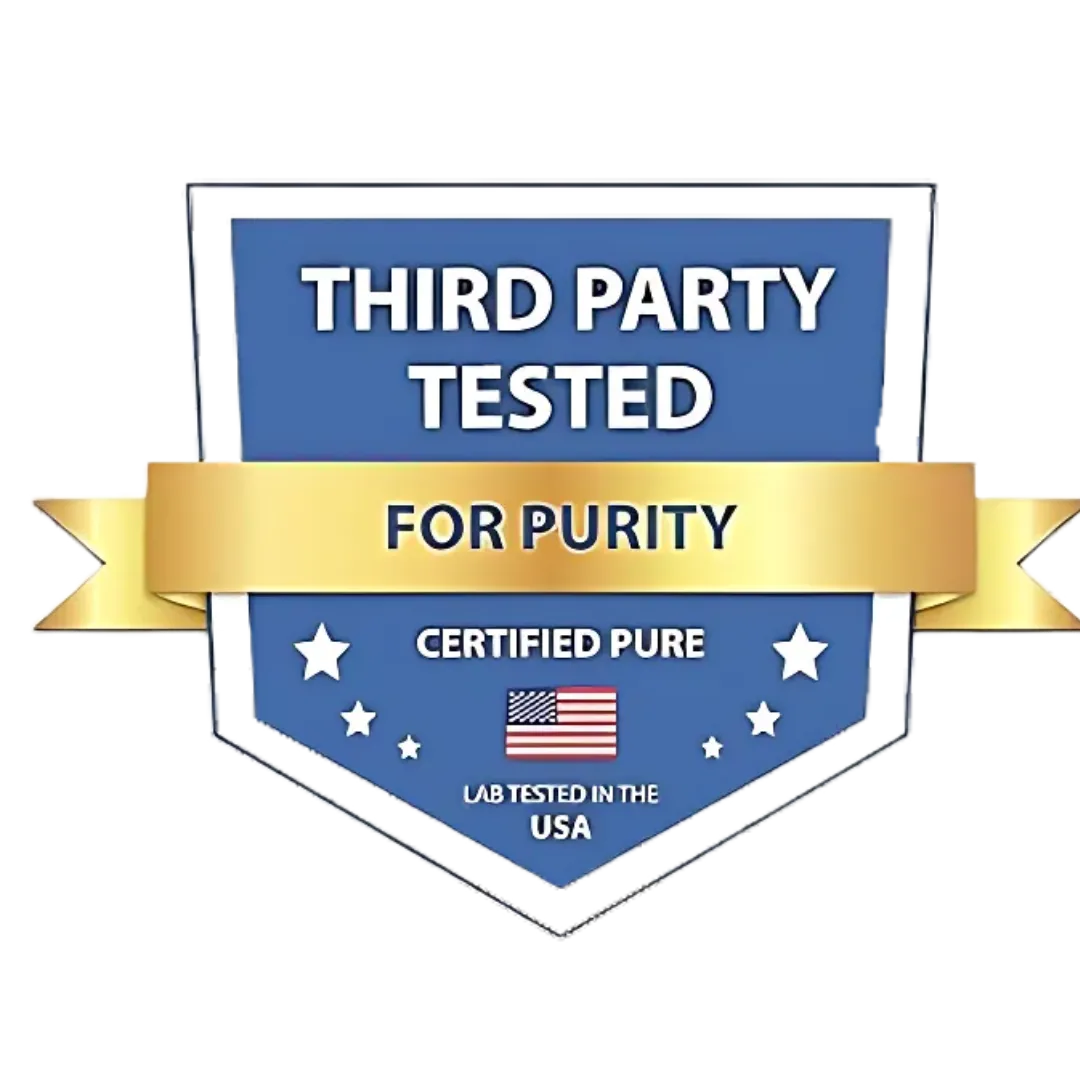
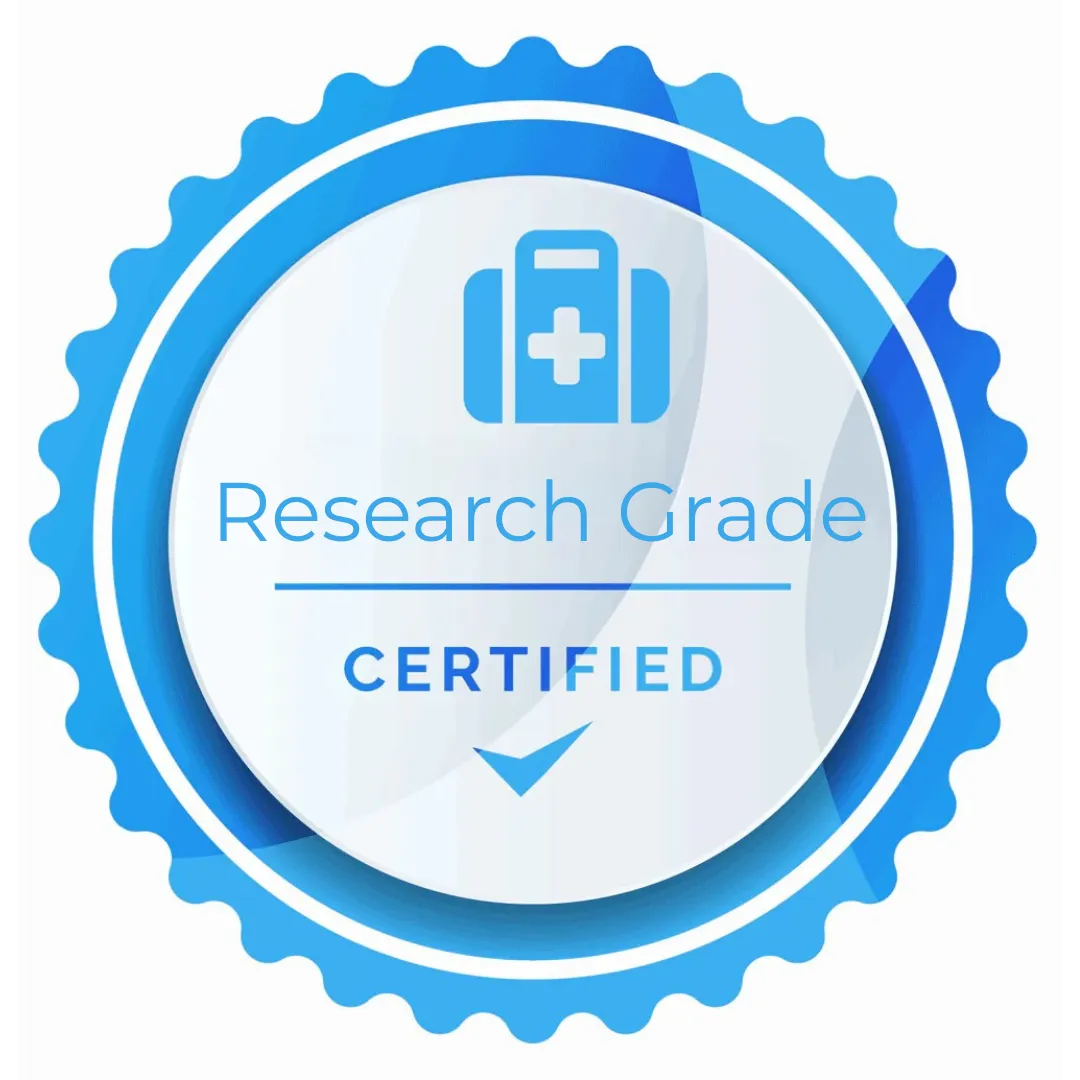

How to Evaluate Peptide Sellers Online: Red Flags and Green Lights
How to Evaluate Peptide Sellers Online: Red Flags and Green Lights
“The quality and legitimacy of peptide products online vary widely—consumers need to be informed, especially when sellers make unproven claims.”
Disclaimer: This is a publicly sourced quote, used for educational context only. (FDA Consumer Health Information)

Introduction
With the rising interest in peptides for everything from muscle recovery to skin health, a growing number of online shops are popping up to meet demand. But not all peptide vendors are created equal.
Some sellers operate with full transparency and research-only labeling. Others sell under vague terms, make medical claims, or provide no proof of quality. So how can you tell the difference?
This guide walks you through the red flags and green lights of peptide sourcing—and how to evaluate whether a company is safe, ethical, and science-informed.
Why Sourcing Matters
Peptides are highly sensitive compounds. Their purity, sterility, and handling protocols can drastically affect:
Product safety
Research validity
Legal compliance
Health outcomes (if misused)
Unregulated sellers may cut corners on testing, packaging, or documentation—putting customers at risk without their knowledge.
Red Flags to Watch Out For
Be cautious if you encounter any of the following:
1. No Certificates of Analysis (COAs)
If a seller doesn’t offer third-party lab results for each batch, there’s no way to verify the identity, purity, or contamination risk of the peptide.
2. Medical Claims or Promises
Statements like “cures,” “heals,” “burns fat,” or “builds muscle” violate FDA rules and indicate untrustworthy practices.
Learn what sellers are not allowed to say:
FDA – Health Fraud Red Flags
3. Lack of Research-Use-Only Disclaimers
Legitimate peptide vendors clearly label products as “not for human use.” If a site markets peptides as supplements or offers dosing advice, they may be violating regulations.
4. Anonymous or Offshore Ownership
No business address, no contact info, no about page? That’s a concern. Reliable companies are transparent about who they are and where they operate.
5. Overhyped Influencer Testimonials
While personal stories are common, sellers relying on influencers without scientific support often use hype to cover poor sourcing.
Green Lights of a Trustworthy Peptide Vendor
1. Clear Research-Only Labeling
Respectable companies label products for research use only and never suggest they’re for injection or therapeutic application.
2. Third-Party Testing and COAs
Every product should be backed by lab reports that include:
Peptide identity
Purity percentage
Microbial/contaminant analysis
Batch number
3. Transparent Company Info
A vendor should offer:
Verified business contact
Shipping policies
Terms and disclaimers
Educational materials (not just sales copy)
4. Secure Website and Payment Portal
Basic, but important. Look for HTTPS encryption and reputable payment processors.
5. Educational Approach, Not Medical Advice
If the company focuses on teaching you how peptides are being studied, rather than telling you how to use them, that’s a good sign.
Why Ryvéa Stands Out
At Ryvéa Labs, we believe that education, transparency, and safety come first. While we never promote peptides for medical use, we do:
Provide COAs and third-party testing
Clearly label all products as “research-use only”
Share up-to-date scientific literature
Publish guides like this one to help consumers make smarter decisions
We know peptides are powerful—but powerful tools deserve responsibility and clarity.
Download Our Free Peptides 101 Ebook
Conclusion – What You Can Do Next
Before you click “buy” on a peptide site, ask yourself:
Do I know what this compound is and what it’s studied for?
Has the company shown proof of testing?
Are there red flags I’m ignoring?
Smart sourcing starts with smart questions. And when you have a platform like Ryvéa that’s built on science and transparency, you have a place to explore peptides without the guesswork.
Final Thoughts
Not all peptide sellers are built the same. In a market filled with hype, shortcuts, and misinformation, it’s up to you to separate science from sales. At Ryvéa Labs, we make that easy—by putting the facts front and center.

For Research Purposes Only
Company
Resources
Legal
Follow Us
Copyright 2026. Ryvèa Labs . All Rights Reserved.






